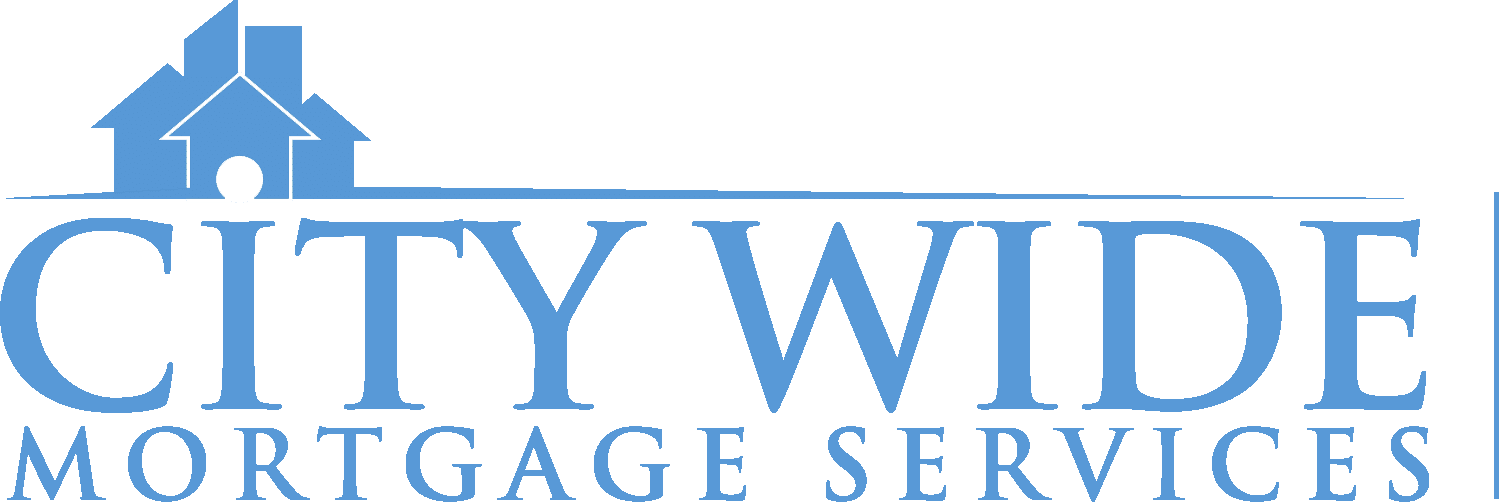Fixed/Variable 101: What is a variable rate mortgage?
Hi Ryan here with the Mortgage Centre City Wide. Today, we’re starting a new series of videos on the fixed/variable — qualifying for, penalties with, which is better — basically, any question you can think of related to these topics, I’m going to cover so tune in during the upcoming weeks.
Today, though, we’re going to start today with the basics — what is a variable rate mortgage?
With a variable rate mortgage, as you can guess from the name, the interest rate changes throughout the term. Your interest rate is going to be tied to the bank’s prime rate. You’re going to have some kind of discount to prime. Right now, a good discount is prime — 0.8%. So no matter where prime goes throughout the term, you’ll always be 0.8% below that mark. Right now, prime is 3%, so your rate starting out will be 2.2%. Now, if the big banks’ economists are correct & prime increases to 4% by the end of this year, your rate at that time will be 3.2%.
Now, there are open variable rate mortgages & closed variable rate mortgages. With open mortgages, you can pay the mortgage out at anytime, without a penalty. With closed variable, if you want to exceed your prepayment privileges or end your mortgage early, you have to pay the penalty. Generally speaking, unless you’re planning on selling the home in the very short term, as in, a few months, it’s better to go with a closed variable. The reason being, with an open variable, instead or prime minus, you’re looking at prime plus 1%. So instead of 2.2% (closed), you’re looking at 4% (open). Because the interest rate is so much higher & you’re paying so much more interest compared to a closed variable, it’s likely going to be better to pay the penalty & go with a closed.
There are 2 types of closed variable mortgages — fixed payment & fixed amortization. With fixed payment variables, obviously your payment is the same each month but when your interest rate rises, your amortization increases. Conversely, when your rate decreases, your amortization decreases. This is great in a declining rate environment because your amortization will shrink down without you having to pay more money each month. HOWEVER, in a rising interest rate environment, like the one we’re facing today, this is generally not something I’d recommend because your amortization may increase to the point of getting you in trouble.
With fixed amortization variables, when your interest rate changes, so does your payment. If you want a fixed payment, I urge all my clients going with variables to do so but fixed it at a higher level. Watch my “variable rate mortgage strategy video” for more info on this.
That’s our very basic breakdown of the different types of variables out there, watch my next video on what controls your variable rate mortgage.
Ryan Zupan
Mortgage Planner
604.250.6122
ryan@mortgagcentrebc.com
